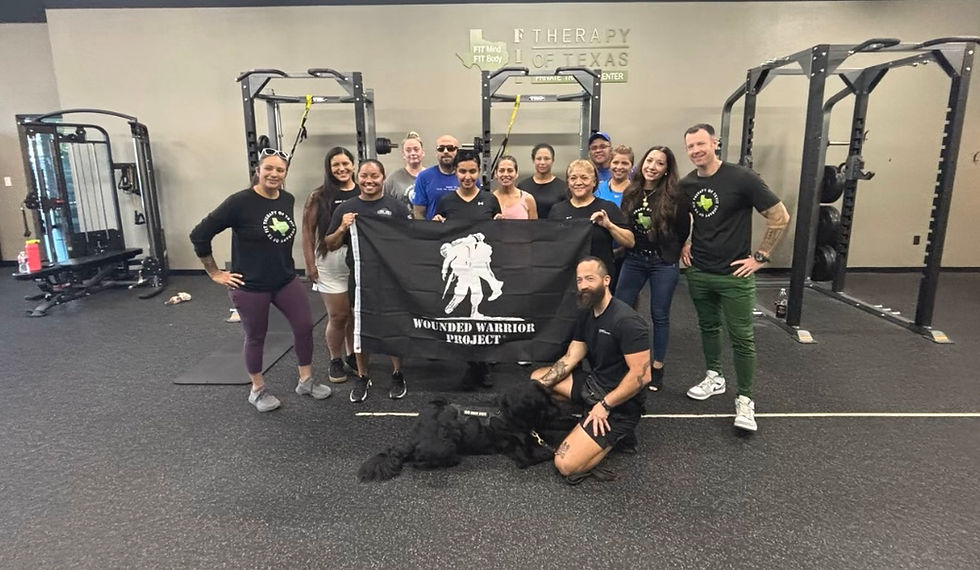Fuel Your Weight Loss Journey: Discover the Best Foods to Include in Your Meal Plan
- Fit Therapy of Texas
- Oct 1, 2023
- 9 min read
Are you ready to kickstart your weight loss journey? Look no further than your own kitchen! The right combination of foods can help fuel your body, boost your metabolism, and support your weight loss goals. In this blog, we will explore the best foods to include in your meal plan, helping you make smart, delicious choices that will keep you feeling satisfied and on track.
When it comes to weight loss, it's important to focus on nutrient-dense foods that are low in calories but high in vitamins, minerals, and fiber. Think vibrant fruits and vegetables, lean proteins, whole grains, and healthy fats. These foods not only provide essential nutrients, but they also help keep you fuller for longer while providing the energy you need to power through your day.
So, whether you're seeking to lose a few pounds or jumpstart a new lifestyle, a well-rounded meal plan featuring these power-packed foods is the way to go. Say goodbye to old habits and say hello to a healthier, slimmer you. Let's get started on this exciting journey together!









Comments